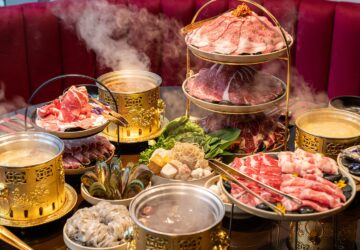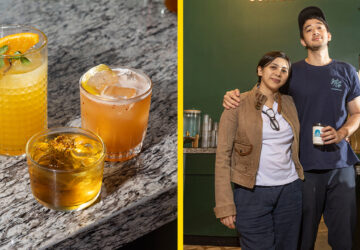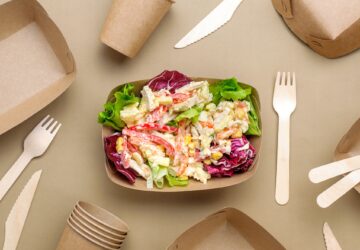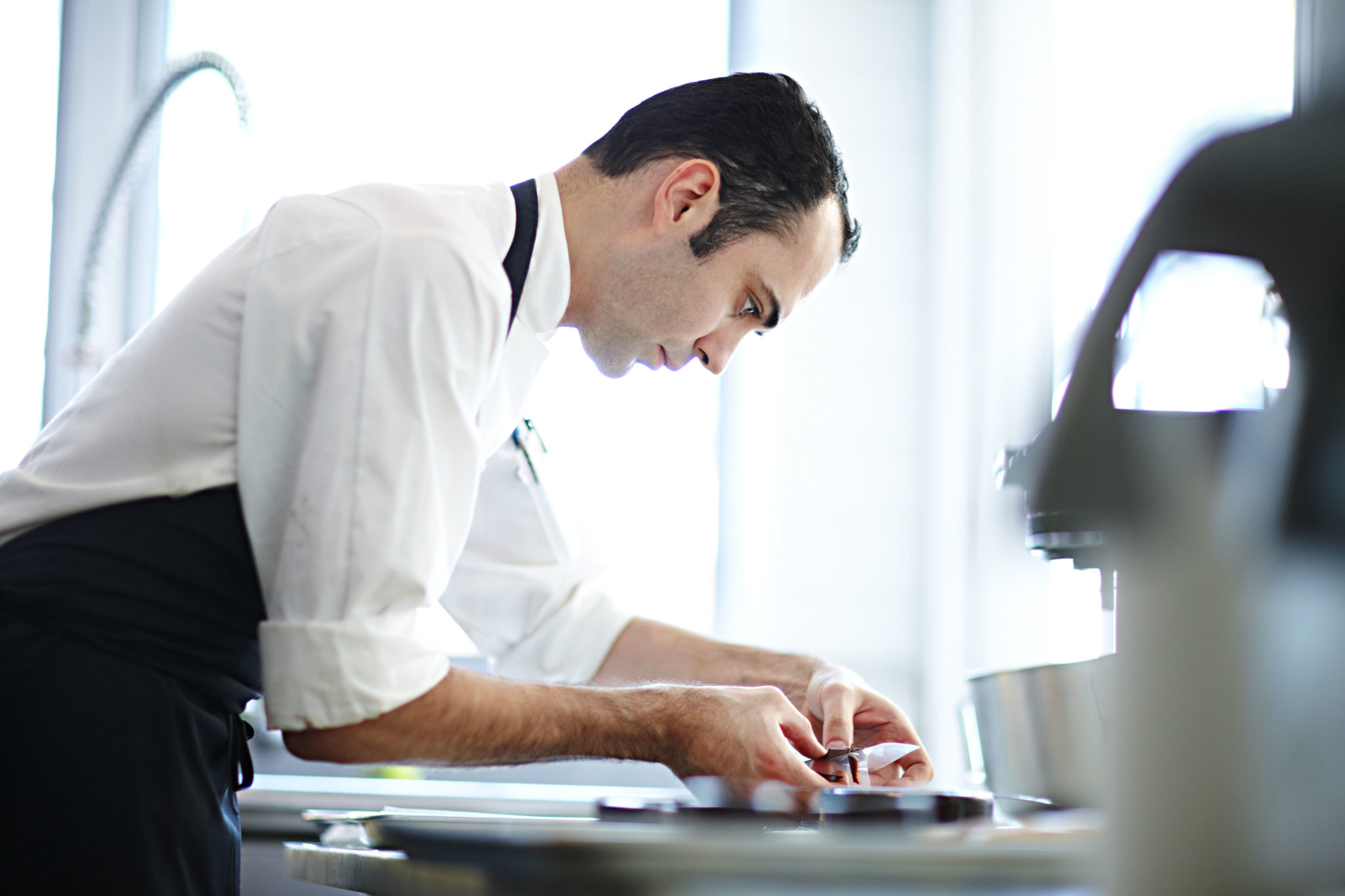Times were tougher for Dominique Ansel back then.
Growing up in a rough neighborhood in one of the poorest cities in Paris, dreams and personal desires were not really the priorities to pursue. “In the town I grew up, you don’t ask yourself what you want to be. You just simply try to become someone.”
Amid the challenges, he didn’t lose hope and remembers the first time he fell in love with pastry-making. “It was the mixture of art and science that first caught my attention. It’s a very different pace and rhythm.”
From teaching French Giuana locals how to cook during his military service, Ansel embarked on a journey to pursue the art of pastry in Paris. Unlike today when you can search and submit your resumés online, he printed numerous copies of his own and literally dropped one at the doors of the best pastry shops he could find. Eventually he ended up working at Patisserie Peltier, one of the oldest patisseries in Paris, and then got hired in Fauchon a few years after.
“In the town I grew up, you don’t ask yourself what you want to be. You just simply try to become someone,” says Dominique Ansel.
Ansel considers his time in the French gourmet deli as his college education in pastry-making, while his experience at Daniel Boulud’s flagship French restaurant in New York was his masters study. He spent eight years in Fauchon, starting as a pastry cook for six months until he was promoted to chef de partie and worked with chefs older than he was. Then he became sous chef, managing around a hundred people in the kitchen and overseeing restaurant openings and traveling to different countries.
He was called in by chef and restaurateur Boulud, who was in need of a pastry chef for his restaurant. In two weeks’ time, Ansel was in New York with only two suitcases and a couple of dollars in tow. But it was in Boulud that he was able to freely express his own style and form his own techniques. The culture had so much energy and open-mindedness about trying new things. “Daniel has always been a mentor teaching me not just about the kitchen but about business and the dining room.”
“It’s about creativity, and we say nowadays: Don’t let the creation kill the creativity. You cannot rely on one creation, you must continue to create.”
Ansel rose through the ranks to become the executive pastry chef at the famed French restaurant, becoming a part of the team that received its first four-star New York Times rating, three Michelin stars, and James Beard’s Outstanding Restaurant of the Year Award in 2010. Even with all the accolades, the learning never stopped and the creativity continuously flowed through Ansel’s veins.
In November 2011, Ansel established his own bakery, which showcased his capabilities and, as a result, attracted media recognition. His eponymous shop was named Time Out New York’s Best New Bakery of 2012 and Metromix’s Best Bakery of 2012, all within four months of the bakery’s opening. Multiple citations as one of the country’s best pastry chefs also followed.
“In the spur of the moment, we didn’t know what to do. It was just four of us in the team at the time, and before we knew it, there were 150 people outside,” says Dominique Ansel.
In 2013, the whole world found out who Ansel was as everyone got hooked on the Cronut. The response was overwhelming. “In the spur of the moment, we didn’t know what to do. It was just four of us in the team at the time, and before we knew it, there were 150 people outside.” They could only look at the people earnestly falling in line and serve them one at a time.
With the donut-croissant hybrid, it seemed like he had finally made it to the top. But Ansel was not complacent at all. He encouraged his staff to keep making new pastries. “It’s about creativity, and we say nowadays: Don’t let the creation kill the creativity. You cannot rely on one creation, you must continue to create.”
Rather than dwell on what was made before the Cronut, Ansel and his team learned to look beyond it. He earned the title of purveyor of hybrid pastries, but he hasn’t let it go to his head. “At the end of the day, it’s about heart and soul, not about food at all. And that’s where your inspiration starts.” He and his team hope to flourish and grow mindfully. “It’s important for us to do that, and in a quality way. And so we’re taking it one step at a time.”
Originally published in F&B Report Vol. 13 No. 5





